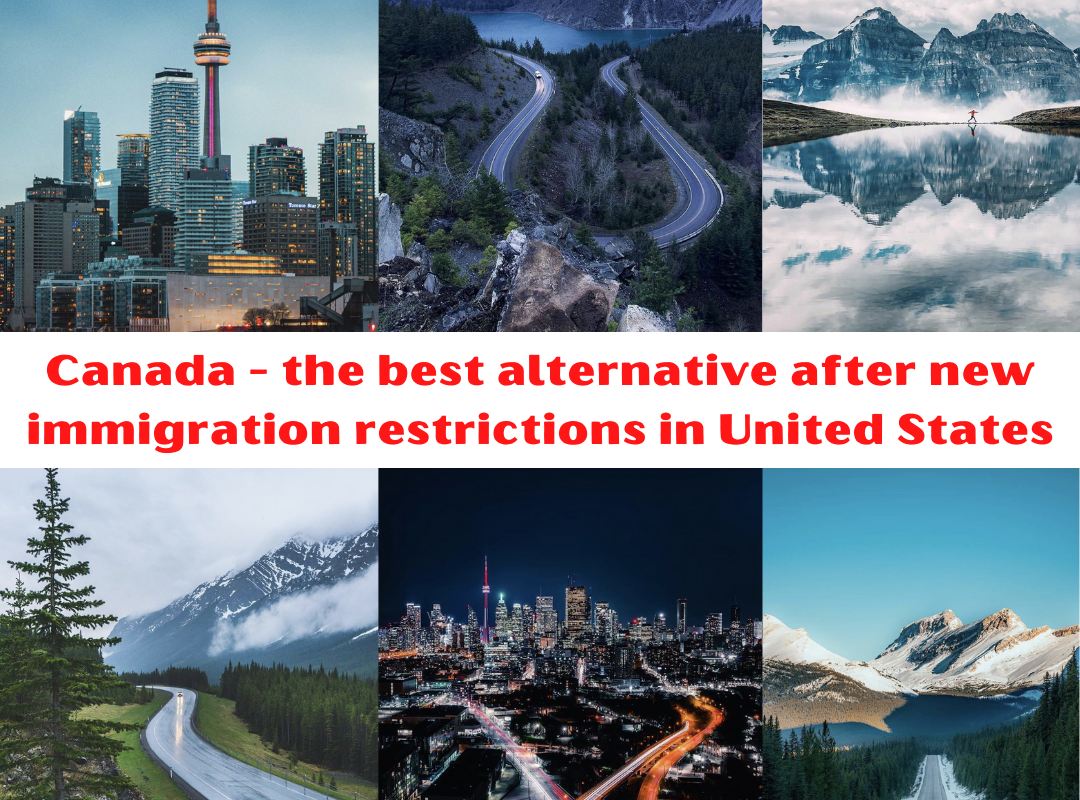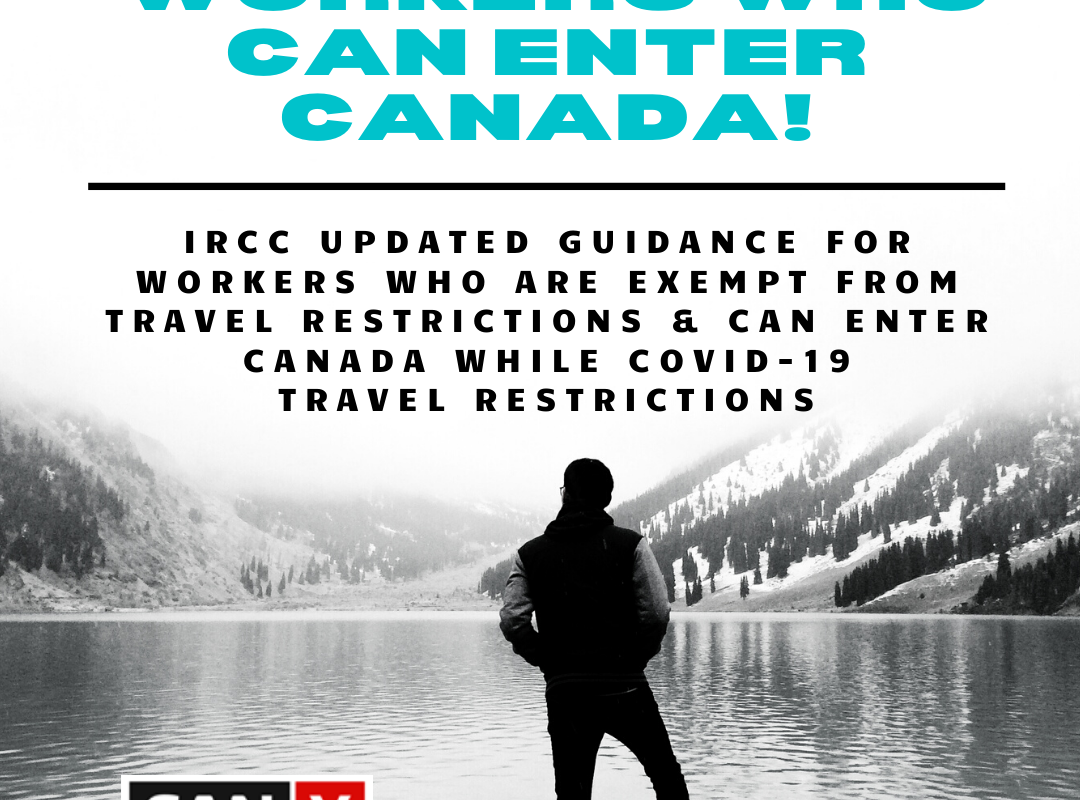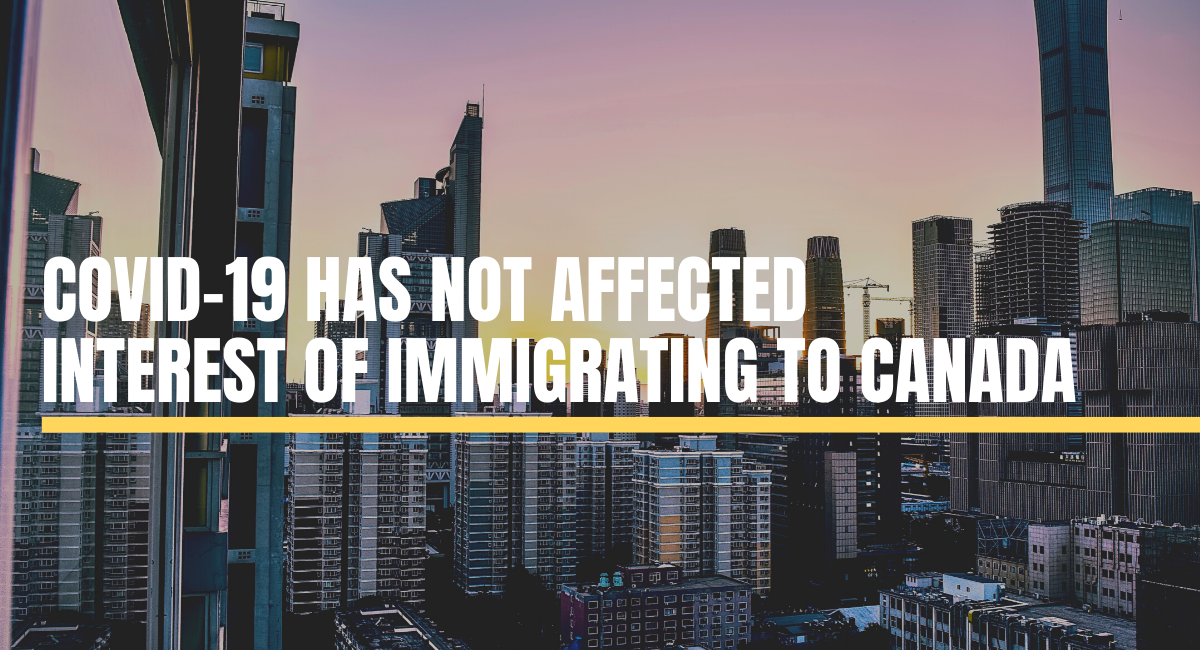The number of work permits issued to TFWs in Canada appears to have been affected by coronavirus closures. The year started off strong where a total of 32,995 work permits were issued in January 2020 but, after the novel coronavirus pandemic in March total number of work permit went down to 19,650.
The work permit number increased to 29,900 in April which again dropped to 25,125 in May, 2020. The drop in May work permits is typically in part due to less Seasonal Agricultural Worker Program (SAWP) permits.
These new permits issued to TFWs post COVID-19 outbreak include permits issued to people who were eligible to work in Canada through the
The TFWP allows Canadian employers to hire foreign talent when no Canadian worker could fill the job vacancy. It is mainly used to admit seasonal agricultural workers to Canada, but also covers other sectors while IMP, which meets Canada’s broad economic and social needs, includes the Global Talent Stream (GTS), and the Post Graduation Work Permit (PGWP).
Tech workers who either work for designated companies or are being hired in highly skilled occupations can apply under GTS.
International students can use the PGWP to gain up to three years of Canadian work experience, which is highly valued in an application for permanent residence.
General eligibility requirements for Work permit. No matter where you apply, you must
- Prove to an officer that you will leave Canada when your work permit expires. You can include many supporting documents to support this claim. For example: your family ties, employment etc.
- Show that you have enough money to take care of yourself and your family members during your stay in Canada and to return home. You can include your financial documents.
- Obey the law and have no record of criminal activity (IRCC may ask you to provide a police clearance certificate)
- Not be a danger to Canada’s security,
- Be in good health and have a medical exam, if needed,
- Not plan to work for an employer listed with the status “ineligible” on the list of employers.
- Not plan to work for an employer who, on a regular basis, offers striptease, erotic dance, escort services or erotic massages, and
- Give the officer any other documents they ask for to prove you can enter the country.
Work Permit from outside Canada
To come to Canada as a temporary foreign worker, you must get a work permit. In general, you need to apply for a work permit from Immigration, Refugees and Citizenship Canada (IRCC) before you come to Canada. You must apply to a visa office outside Canada if you need a visa to enter Canada or if you need to have a medical exam before you come to Canada. You need to get a job offer and some other documents from a Canadian employer before you apply.
Work Permit from inside Canada
You can apply for a work permit from inside Canada if you are currently in Canada and
- Have a valid study or work permit, or your spouse or parents have a study or work permit
- Have graduated from a program at a Canadian university, community college, CÉGEP, publicly funded trade/technical school, or other eligible school.
- Have a temporary resident permit that is valid for six months or more,
- Have applied or been included in an application for permanent residence from inside Canada (you will have to pass certain stages in the main application process to be eligible for a work permit)
Work Permit at the port of entry
You may apply for a work permit on arrival at a port of entry (POE) in Canada if the following applies
- You are exempt from the requirement for a temporary resident visa and your job falls within the International Mobility Program (i.e., you are not required to obtain a Labour Market Impact Assessment [LMIA]);
- You are exempt from the requirement for a temporary resident visa and your job falls within the Temporary Foreign Worker Program (i.e., you are required to obtain an LMIA) and a positive or neutral LMIA has been issued by the time you arrive, and your employer has completed all of the steps for your type of work permit
- You are a national or permanent resident of the U.S., Greenland or Saint-Pierre and Miquelon regardless of whether your job falls with the Temporary Foreign Worker Program or the International Mobility Program.
- You will not be working as a live-in caregiver or as a seasonal agricultural worker
In addition to the above, you must have completed your immigration medical examination, if required, before your arrival. If you’re a citizen of an eTA-required country, you’ll need to get an eTA if you plan to fly into Canada. IRCC recommends that you apply for your work permit before you travel to Canada.
Work permits based on skill types
High Skilled Work Permits
High skilled work permits are obtained in an occupation under the National Occupational Classification (NOC) skill level 0, A or B. Generally, for skilled work permits, applicant need to have 1-3 years of experience depending upon the occupation and in certain cases only relevant education can fulfill the job requirements. Applicants also need to prove their English or French language skills to meet the job requirements.
Low skilled work permits
Low skilled work permits are obtained in an occupation under the National Occupational Classification (NOC) skill level C & D. Low skilled work permits require maximum of high school education or job specific training. Applicants also need to prove their English or French language skills to meet the job requirements.
Low skilled work permits under agriculture stream
Low skilled work permits under agriculture stream generally do not require any specific language skills, education and experience. You still need to meet all general eligibility requirements for work permit.
Under low skilled work permits, generally employers pay return airfare, ensure that affordable and suitable accommodation is available, provide temporary medical insurance coverage, register workers with provincial workplace safety insurance plans, sign an employer-employee contract.
How Can-X can help?
- We can help foreign nationals and foreign workers to apply for Canadian Work Permit which authorizes them to legally work in Canada.
- We can apply for approval of Labour Market Impact Assessment (LMIA) to Employment and Social Development Canada (ESDC) on behalf of employers.
Contact us for assessment and more information!





